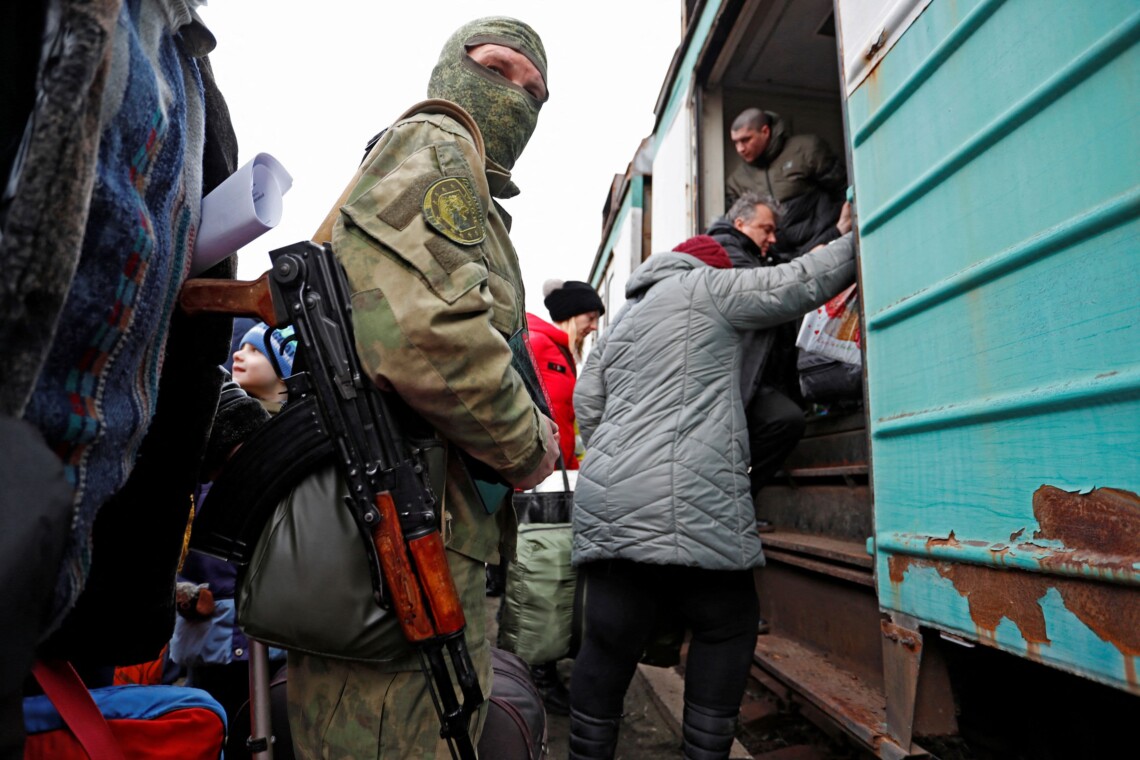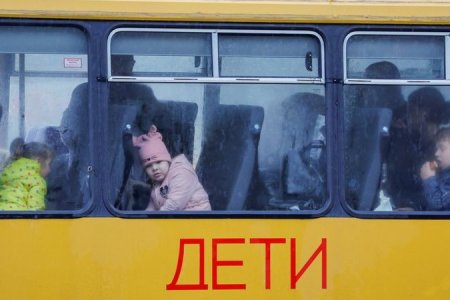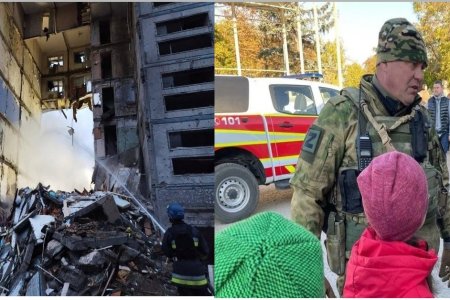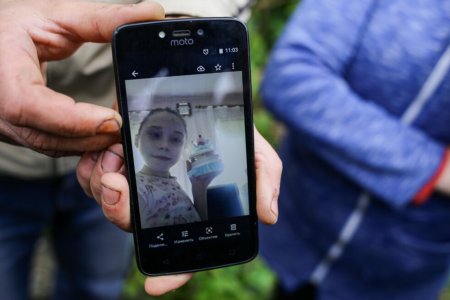
A Ukrainian woman from Kharkiv has been returned to Ukraine after being effectively held prisoner in Russia for ten months in two psychiatric hospitals. She was, on several occasions, offered ‘discharge’ from these supposed hospitals, but only on condition that she agreed to take Russian citizenship. She consistently refused, and remained a victim of what bears all the hallmarks of punitive psychiatry.
It was Alexei Pryanishnikov, human rights lawyer and defender of another victim of Russian punitive psychiatry, who learned what had happened and began helping the woman’s son to rescue his mother. Pryanishnikov is known beyond Russia because of the important role he played in representing Alexander Gabyshev, a shaman from Yakutia, who was imprisoned and subjected to punitive psychiatry after he announced, in March 2019, that he was walking to the Kremlin “to drive out Putin”. In recounting the story of ‘Iryna’ from Kharkiv, and her son, ‘Dmytro’, Pryanishnikov explained on 6 March that he had come upon it at the end of January 2023 through various “amazing roads, including the case of Shaman Gabyshev.” There is no possibility of independently verifying Pryanishnikov’s account, but there is also little reason to doubt it, especially given the huge number of other accounts of Ukrainians effectively deported to Russia by the Russian invading forces.
Pryanishnikov writes that Iryna is from Kharkiv, however it is possible that she found herself in one of the parts of Kharkiv oblast which fell under Russian occupation in the first half of 2022, and that it was from there that, in May 2022, she was taken by bus to Belgorod in Russia. She was first placed in a temporary holding unit, but then sent to the Belgorod psychiatric hospital. The excuse for this was that “she behaved inadequately, did not provide any information about herself”. She had no other documents with her, only her document confirming that she is a pensioner.
There was no application to the court for her forced hospitalization, so Pryanishnikov presumes that she signed a document agreeing to be placed there. It is not, however, guaranteed that she did this entirely voluntarily, nor that she was presented with any chance to contact her son, the Ukrainian authorities, etc.
Iryna was held at the Belgorod psychiatric hospital until 10 August 2022 and ‘treated’ with haloperidol, a drug that Pryanishnikov says has been popular since Soviet times (when the USSR was internationally condemned for its use of punitive psychiatry). The drug is used worldwide as an anypsychotic, and to treat schizophrenia. It is unclear on what grounds, if any, such a drug was administered against the Ukrainian pensioner. From Belgorod, Iryna was moved to another such ‘hospital’ in Engels (Saratov oblast).
Pryanishnikov reports, presumably on the basis of Iryna’s account, that in both hospitals and on several occasions, Russian state functionaries offered to discharge her from ‘hospital’ if she agreed to take Russian citizenship. Since she refused, she remained a de facto prisoner.
Dmytro had tried to find his mother from when she disappeared, and managed to track her down in September last year. He could not go to Engels, however, because of the war, and was only able to speak with his mother four times by video link. She told him that she wanted to come home, however the ‘doctors’ refused to discharge her without a Russian passport.
“One can only guess the motivation behind such extravagant search for new Russian citizens”, Pryanishnikov comments drily.
Thankfully, the human rights defender became actively involved and helped Iryna’s son organize the kind of ‘white passport’ in Ukraine that can be issued to close relatives of a person (unlike the normal document which can only be collected by the person themselves). This and then other steps were taken as quickly as possible, and on 21 February 2023, Pryanishnikov and a Saratov lawyer managed to visit Iryna in the psychiatric hospital. The ‘doctors’ were not too pleased and “for some reason consulted with the migration department of the Interior Ministry, but by lunchtime gave in and let Iryna out”, withdrawing their shocking demand that she accept Russian citizenship in exchange for her release.
By the evening of 23 February, Iryna was back in Kharkiv, reunited with her son.
Alexei Pryanishnikov provides an important link to guidelines for people who have themselves or whose relatives have been taken to Russia. The guidelines begin with the advice that, if the danger from doing so is not too great, refuse to accept Russian citizenship. This can indeed pose legal problems on citizenship issues in Ukraine, however there are other reasons as well. It is no accident that Russia has tried very hard to either claim Russian citizenship, where none was ever accepted (in the case of Ukrainian political prisoners Oleh Sentsov and Oleksandr Kolchenko) or force political prisoners to take it. It has also made it next to impossible to live in occupied Crimea without having a Russian passport. This then makes it even harder to secure the release of Crimean Tatar and other Ukrainian victims of Russian political and religious persecution.
Reports of forced deportation to Russia of Ukrainian citizens emerged soon after the full-scale invasion, with Kharkiv oblast no exception. According to the Head of the Derhachi hromada [municipality] , Viacheslav Zadorenko, over one thousand Ukrainians were deported just from his hromada. These included people who were, purportedly, ‘evacuated’, prisoners of war, and civilian hostages. It should be stressed that, even in those cases where civilians agreed to get on ‘evacuation buses’, this was in the absence of any other real choice. In almost all cases where the Russians seized a part of Ukraine, they either totally blocked roads leading to government-controlled parts of Ukraine or refused to guarantee green corridors for those trying to flee.



